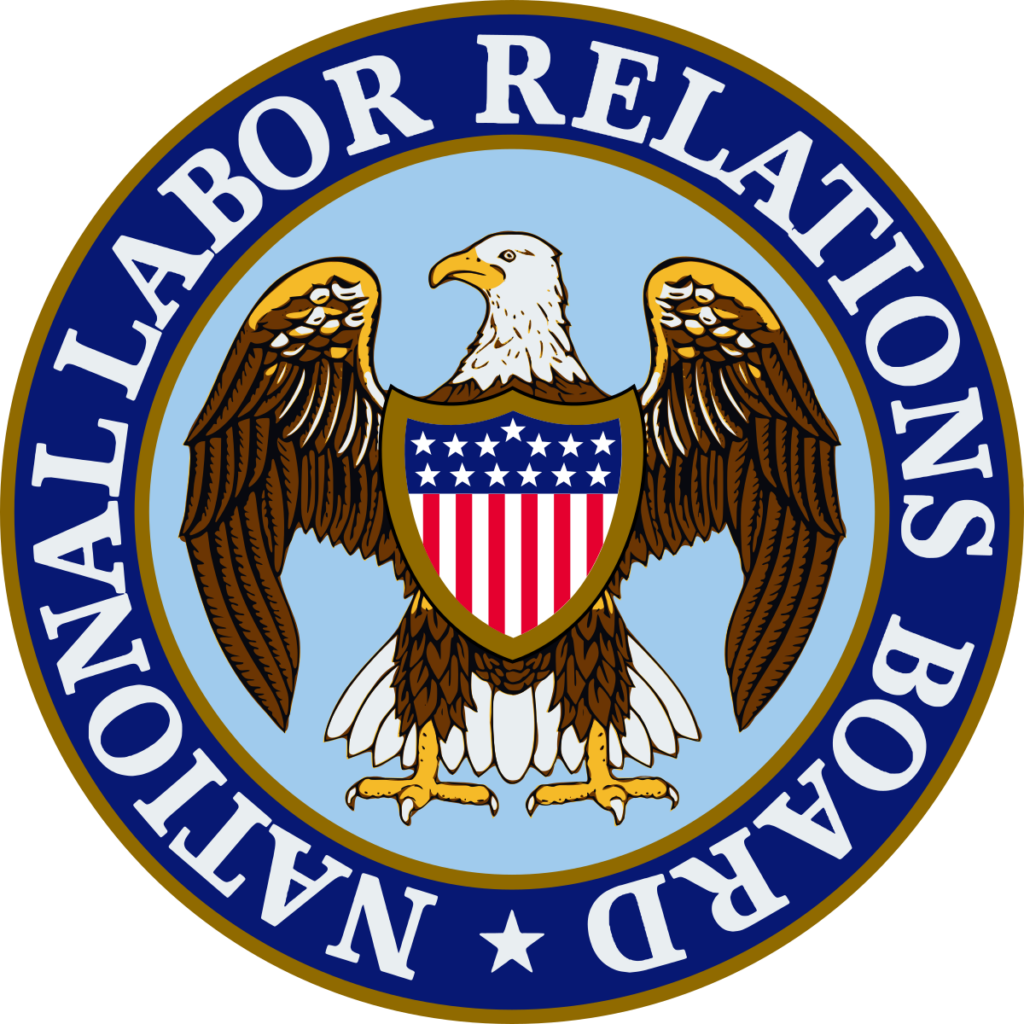Employment Law Report
NLRB Prescribes Expanded Remedies for Repeat Offenders

By: Michelle D. Wyrick
In Noah’s Ark Processors, LLC d/b/a WR Reserve, the National Labor Relations Board (“NLRB” or “Board”) set out a number of remedies that it will consider in cases in which it deems that the respondent has shown “a proclivity to violate” the National Labor Relations Act (“NLRA” or “Act”) or has engaged in “egregious or widespread” misconduct that demonstrates a general disregard for employees’ rights under the Act. The Board decided that if an unfair labor practice violation justifies a broad cease-and-desist order, which is traditionally ordered when the respondent has demonstrated a tendency to violate the Act or has engaged in egregious or widespread misconduct, the Board will also consider additional remedies. Those remedies may include, but are not limited to:
- Adding an Explanation of Rights to the order to inform employees about their rights in a more comprehensive manner;
- Requiring a reading and distribution of the Notice and any Explanation of Rights, which could include requiring supervisors or particular officials involved in the violations to participate in or be present for the reading;
- Mailing the Notice and any Explanation of Rights to employees’ homes;
- Requiring a person with significant responsibility in the employer’s organization to sign the Notice;
- Publication of the Notice in local publications with broad circulation;
- Requiring that the Notice and any Explanation of Rights be posted for an extended period of time; and
- Allowing Board representatives to inspect the employer’s bulletin boards and records to confirm compliance with the Board’s order.
In Noah’s Ark Processors, in addition to traditional remedies for refusal to bargain, which included rescission of unilateral changes and make-whole relief, and in addition to remedies ordered by the Administrative Law Judge, which included reimbursement of bargaining expenses and a reading of the Board’s Notice to employees by the employer’s CEO or by a Board agent in the CEO’s presence, the Board ordered a broad cease-and-desist provision, an Explanation of Rights to be read by the employer’s CEO or a Board agent in the CEO’s presence, signing of the Notice and explanation of rights by the employer’s CEO, mailing of the Notice and Explanation of Rights, a bargaining schedule with written progress reports, reimbursement of the union’s bargaining expenses and earnings lost by individual employees while attending bargaining sessions, extended posting of the Notice and Explanation of Rights for one year, and authorizing a Board agent to enter the employer’s facility for a period of one year at reasonable times to allow the Board to confirm compliance with the Board’s posting and mailing requirements. The Board justified its decision based on the employer’s continued refusal to bargain in good faith despite the existence of court-ordered sanctions and the employer’s numerous, serious violations of the Act, including bargaining in bad faith, declaring impasse, unlawfully imposing a final offer, coercion and interrogation of employees, unilateral changes to terms and conditions of employment, and discharges for engaging in protected activity, all within a short time period (from 2018 to the present).
Board Chairman Lauren McFerran agreed that the Board should use its broad discretion to tailor remedies to address the nature, severity, and extent of violations. She confirmed that the Board would consider and implement the full range of potential remedies in cases involving repeated or serious misconduct in order to make claimants whole and to ensure that employees understand their rights and feel free to exercise them going forward. Employers should be aware of the Board’s stance and the possibility of increased penalties if the Board views them as repeat offenders.
